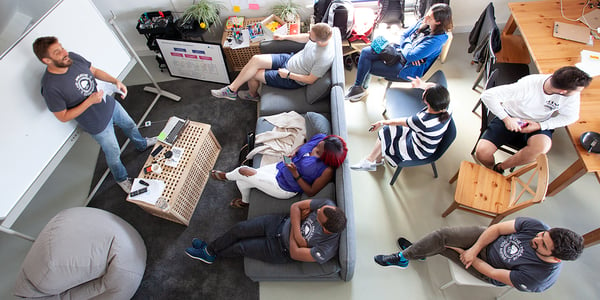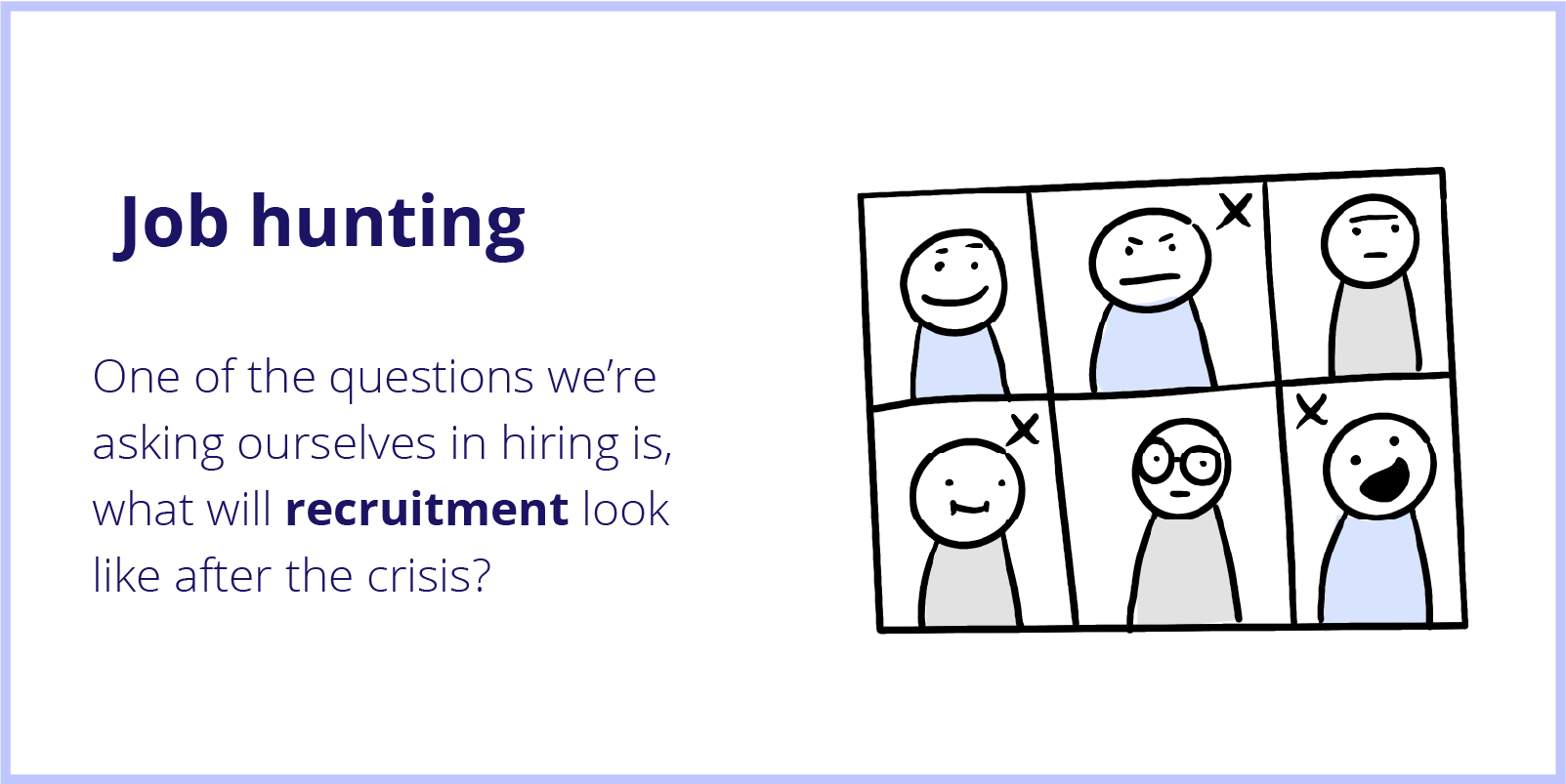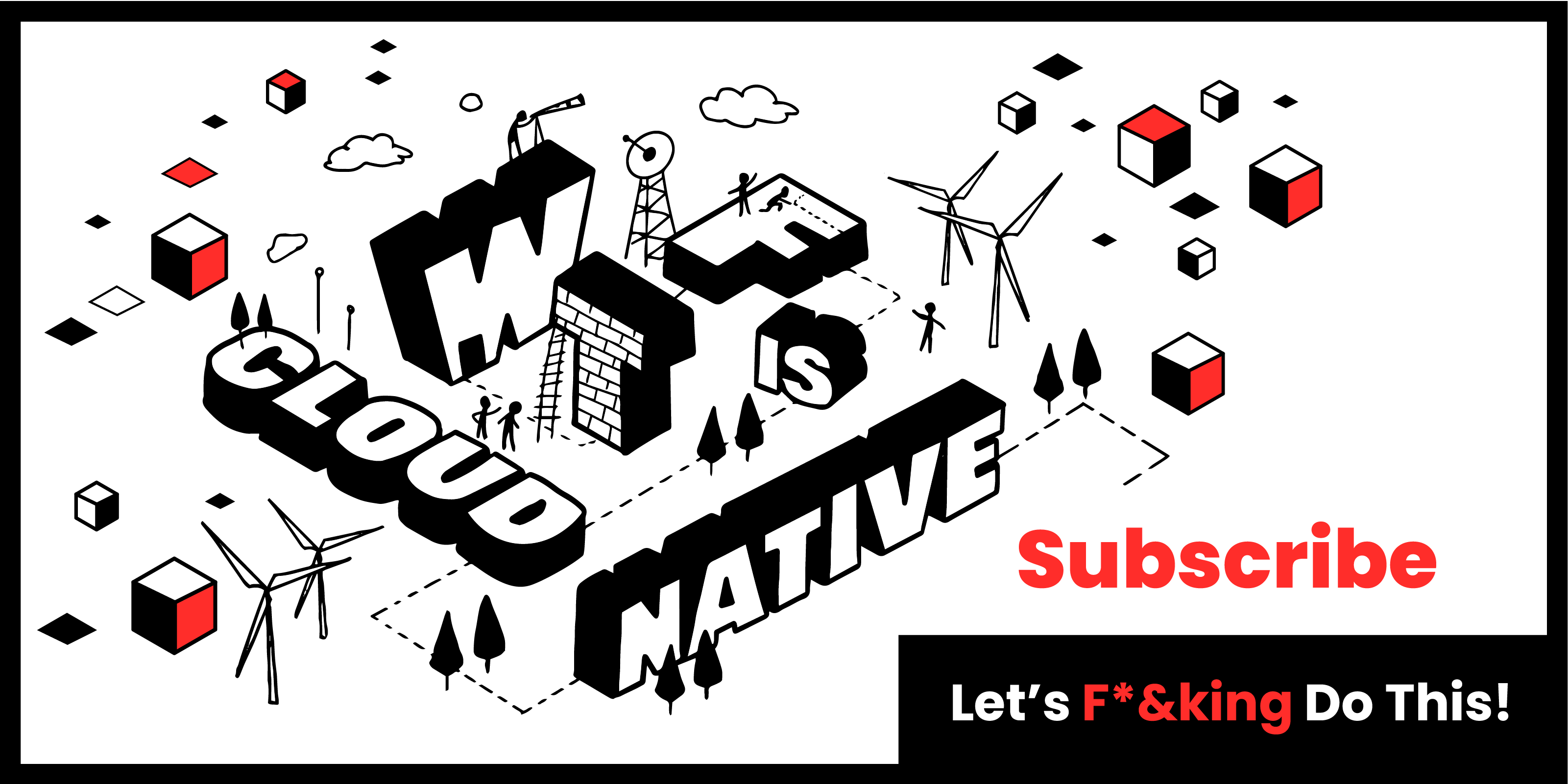Before COVID-19 shut everything down, Container Solutions was growing extremely fast, having a goal to hire more than 100 new engineers in 2020.

Instead, like most companies that were hit by COVID’s impact, we went into a hiring freeze initially. But we pride ourselves on our hiring process and we are slowly starting to hire again.
So if you’re looking for work at our company, we encourage you to apply. In the meantime, lots of job seekers and employers like CS have had time to think about what comes next.
One of the questions we’re asking ourselves in hiring is, What will recruitment look like after the crisis?
We feel that the recruitment experience won’t return to ‘normal’ after the crisis, but will likely emerge in changed form, as part of a ‘new normal’.
Navigating the ‘New Normal’
This ‘new normal’ will demand new things from candidates and their prospective employers. For job seekers—or even people who simply want to hang on to their current jobs in a time of cost cutting—you will need to emphasize how you’ve made something useful and productive out of the crisis.
Within Container Solutions, we call this form of resilience ‘bouncebackability’. We value and work at building this ability in our company’s people. To showcase your own bouncebackability, you could think about how you could reframe the crisis into an opportunity.
For instance: have you taken advantage of these last few months to learn a new skill? Did you create something during this time? Did you support others in your company or community in some way?
Reflect on how you could use the crisis as an opportunity and see what comes up for you.
It will become very important to be able to provide business value as an employee to the company you want to join, and to have developed skills to deal with not just the current crisis, but crisis in general.
There are other things to consider about the ‘new normal’ you will face if you’re looking for work. Among them:
More emphasis on the capacity to deal with ambiguity. Employers will be looking to evaluate how job candidates would react in a situation similar to the current crisis.
For instance, how well do you communicate with others? How would you manage your stress and frustration when under pressure? Would you be able to reframe difficult circumstances positively, find resources, and engage your creativity to find new solutions to problems?
More emphasis on providing business value. Revenues will be down in many industries; the bottom line will be on everyone’s mind.
More emphasis on flexibility. More people will undertake tasks that expand their capabilities and are not necessarily in their area of expertise, as jobs become more broad. So having the ability to be flexible and learn new skills to adapt to new work tasks will grow in importance.
More emphasis on location. Continued travel restrictions or travel challenges might have an impact on hiring. We might see more candidates recruited locally who wouldn’t need to travel cross-country or between countries, or more candidates working 100% remotely and more companies transitioning to being fully remote.
Container Solutions, by the way, is moving into being a fully remote company. We already have in place a way of working with and coordinating such teams.
What to Ask Your Next Employer
Especially if you’re an engineer, your skills will be in high demand even in a tight job market, so you will want to land somewhere where your work will be valued. One way to find the right fit is to be prepared when a recruiter asks, ‘Do you have any questions’?
When you do get an interview with Container Solutions or another company, you should seek answers to the following questions related to the COVID crisis:
- How did the company that you want to join address the crisis and what impact did the crisis have on the organisation? What happened within the company when the crisis started and how did it manage the situation?
- How were the decisions made for managing the crisis? Who was involved in making those decisions?
- What is the company’s current financial situation? What are the prospects for stability for the coming year? (This will be especially important for small and medium-sized companies, because they are more likely to have less of a cushion financially than large enterprises.)
- Was the communication transparent and were the employees adequately prepared for the changes? How did communication work in the company during the crisis period?
- What was emphasised within the company during the crisis?
- How was employee performance seen and measured during the crisis?
- How did the people in the company (or the recruiter you’re speaking with) personally feel about the company’s crisis management? Did they feel safe? Did they feel supported? Did they feel like they knew what was going on with the company, the finances? Did they feel the company was transparent enough?
What Companies Should Do Now
Employers will also have to do some thinking about how they will approach recruiting, post-crisis.
Companies should also be open to receive feedback and ask questions of their employees and potential hires:
- What are people experiencing and how can the company best support them?
- What do people need?
- Is something a particular employee needs that is within the organisation’s control?
Especially in a time of crisis, when there are so many aspects that you can’t control as a company and individual, the best thing to focus on is the things you can control.
One thing organisations can do is create and maintain psychological safety within the company, so that people feel secure in offering their ideas for solving post-crisis problems. Employers should also create and promote messages about ensuring this safety.
Our Head of Talent, Andrea Dobson-Kock, has written about psychological safety and why organisations need it. Reading blog posts like this one and this one might be a good place to start.
Photo of a 2019 Container Solutions onboarding session for new employees by Mickey Houlder.



 Previous article
Previous article
